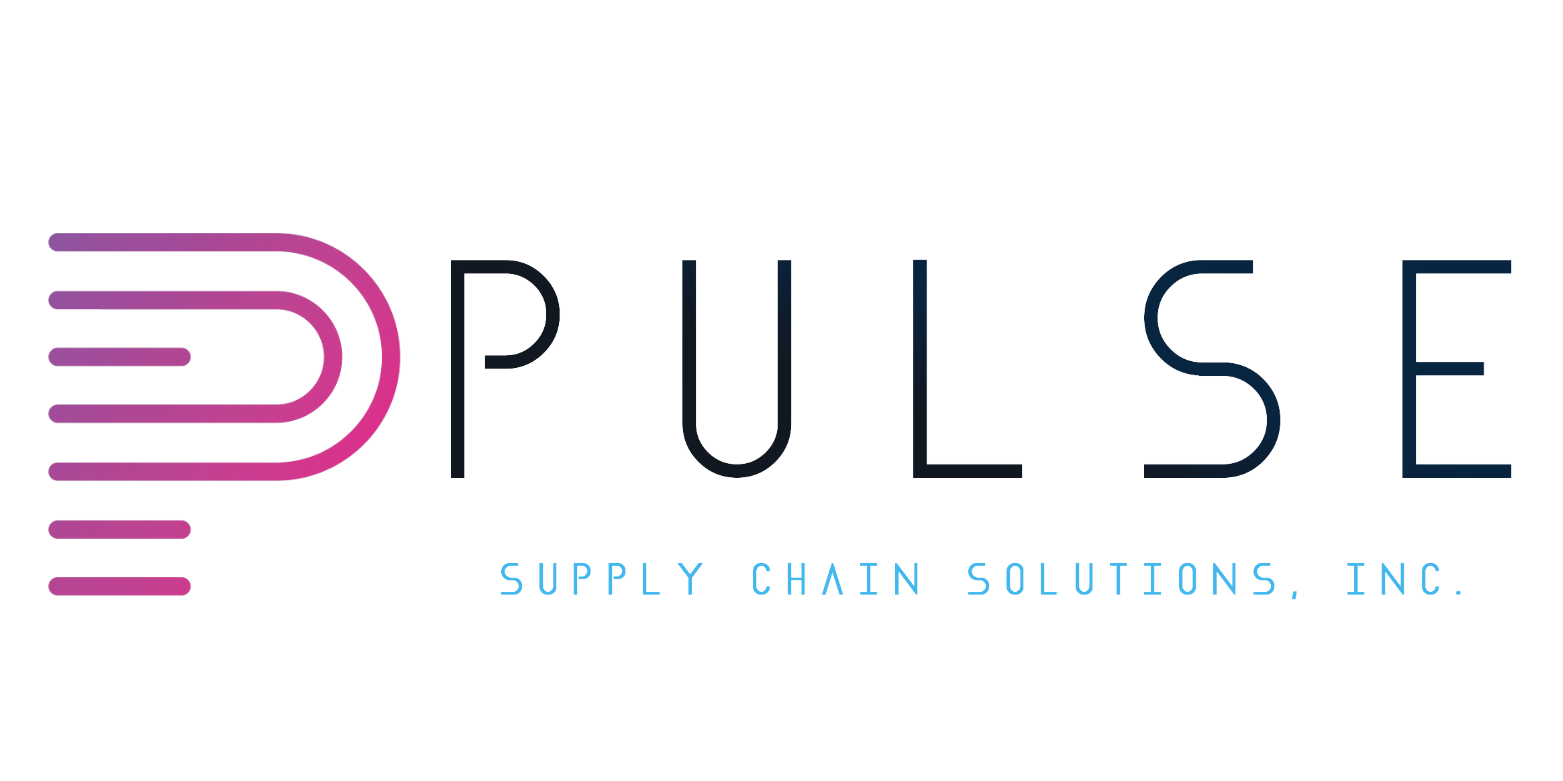
As I sit down to write about the pervasive issue of the planned obsolescence culture in organizations, I can’t help but feel a sense of urgency. It’s a problem that not only affects the bottom line but also carries significant consequences for our environment and society at large. From an Environmental, Social, and Governance (ESG) standpoint, it’s a matter that demands immediate attention and action.
As stewards of your organizations, you’re well aware of the challenges that confront modern businesses. However, one issue that often flies under the radar, yet holds significant repercussions, is the problem of product quality and its planned obsolescence .
Consider recent events involving industry giants like Boeing, where quality lapses have led to profound disruptions, financial losses, and, most critically, eroded consumer trust. Such instances serve as stark reminders of the high stakes involved in neglecting product quality.
But let’s bring it closer to home. Think about the products your company offers. Have there been instances where quality issues have arisen, resulting in customer dissatisfaction or costly returns? These are not isolated incidents; they reflect a systemic problem that demands your attention.
Economically, the consequences of subpar product quality are evident. While it may seem expedient to cut costs in the short term, the long-term implications are dire. Increased returns, warranty claims, and damage to brand reputation all chip away at profitability and competitiveness. As business leaders, safeguarding the financial health of your organization requires a proactive stance on product quality.
Moreover, consider the social and environmental impact of poor-quality products. Beyond the financial realm, there’s a human cost to consider. When consumers invest their hard-earned money in your products, they expect reliability and safety. Failing to meet these expectations not only harms individuals but also undermines the trust that forms the bedrock of your brand.
Furthermore, there’s an environmental imperative to address. The short lifespan of products and the resulting accumulation of electronic waste pose significant challenges for sustainability. Embracing a circular economy model, wherein products are designed for durability and recyclability, not only reduces environmental footprint but also opens up new avenues for innovation and value creation.
So, what can you, as business leaders, do to address this pressing issue? Firstly, prioritize product quality as a strategic imperative. Invest in robust quality assurance processes, stringent testing protocols, and continuous improvement initiatives. Cultivate a culture where every employee is empowered to uphold quality standards and raise concerns when necessary.
Secondly, embrace transparency. Be forthcoming about your manufacturing processes, sourcing practices, and product performance metrics. Authenticity breeds trust, and transparency is the cornerstone of responsible business practices.
Lastly, consider the broader societal and environmental implications of your decisions. Transitioning towards a circular economy not only aligns with ESG principles but also positions your organization as a responsible steward of resources.
The problem of poor product quality is not just a technical issue; it’s a strategic imperative with far-reaching implications. By elevating product quality, you not only safeguard the financial viability of your organization but also uphold your commitment to customers, employees, and the planet.


